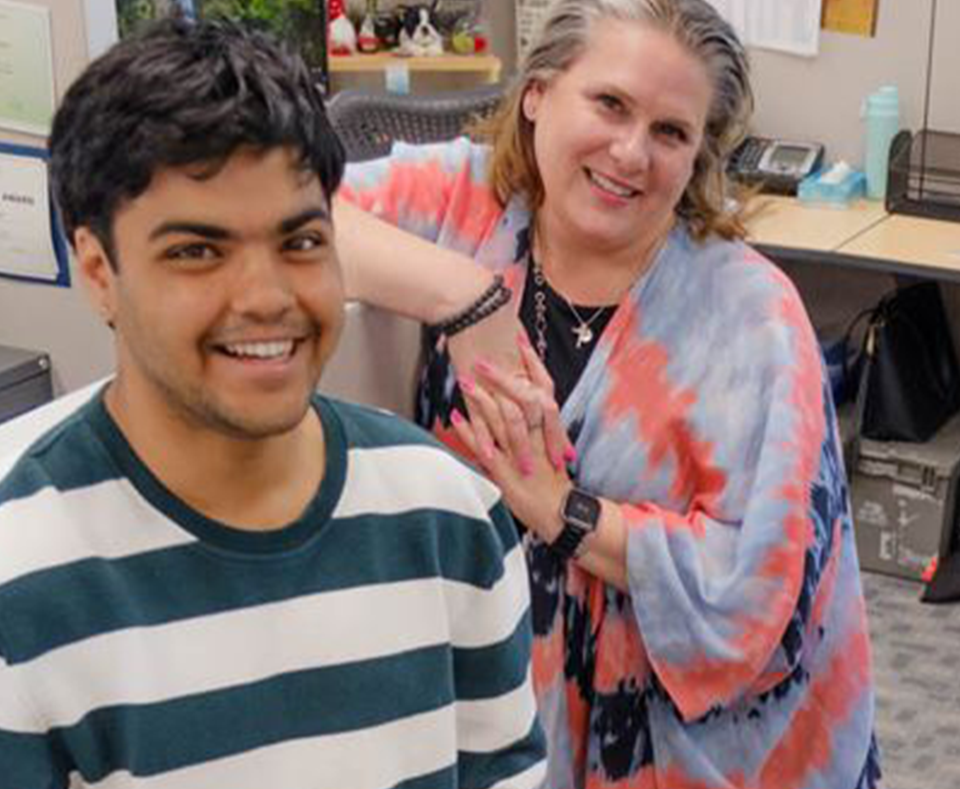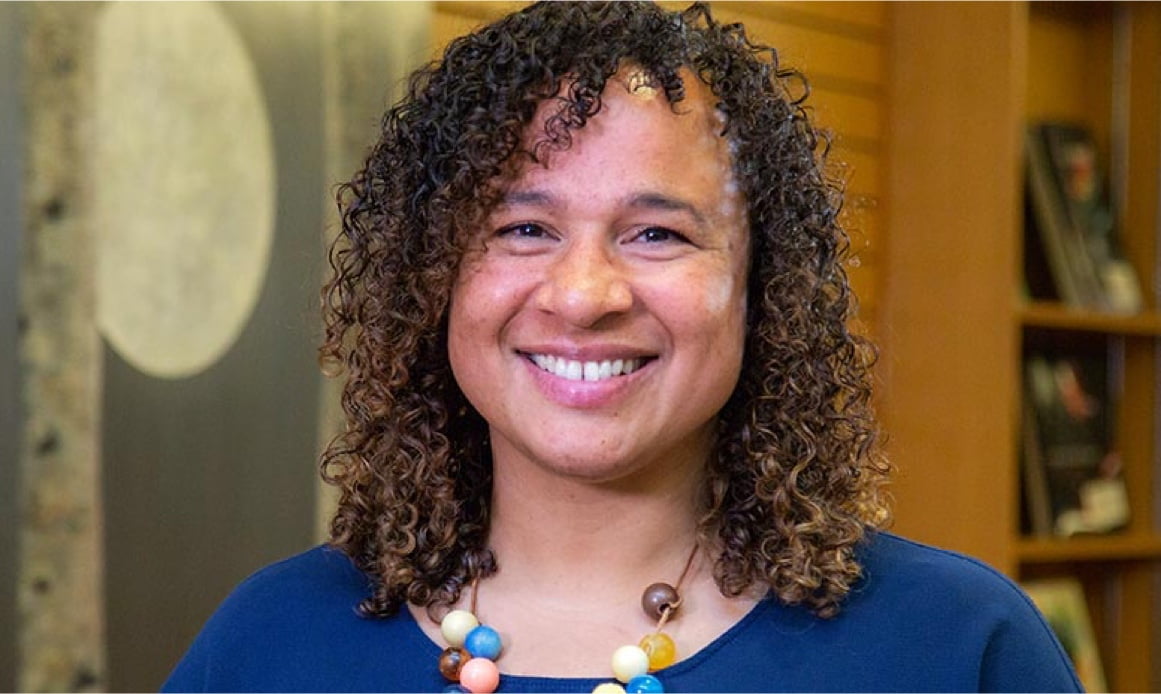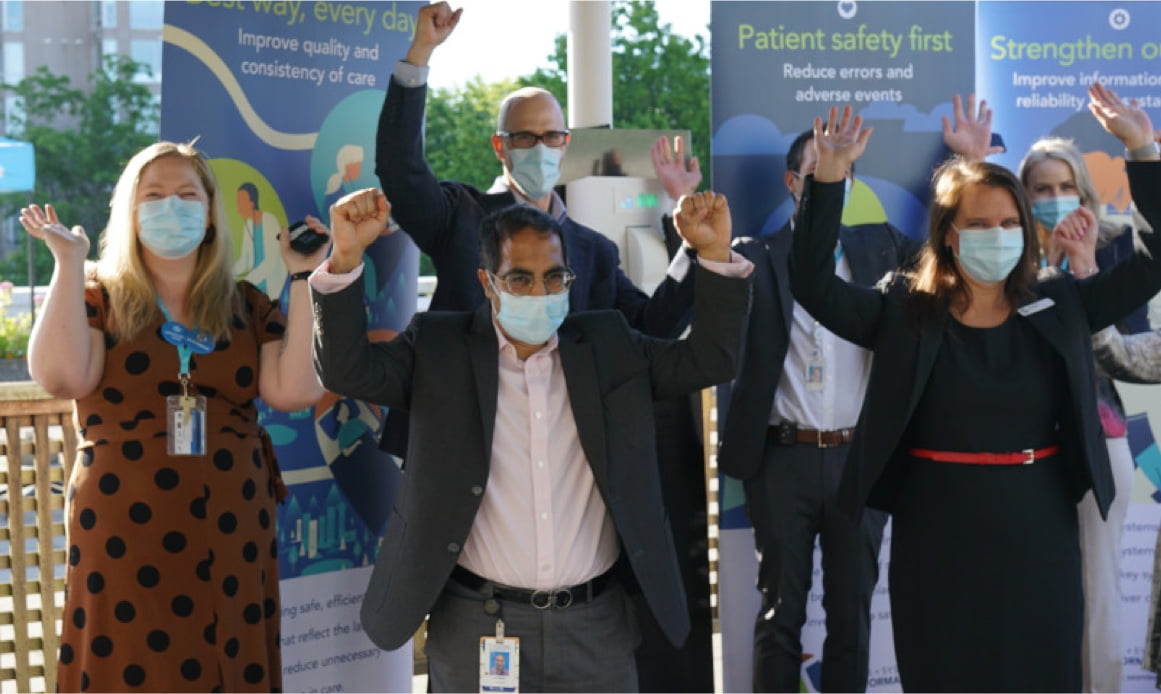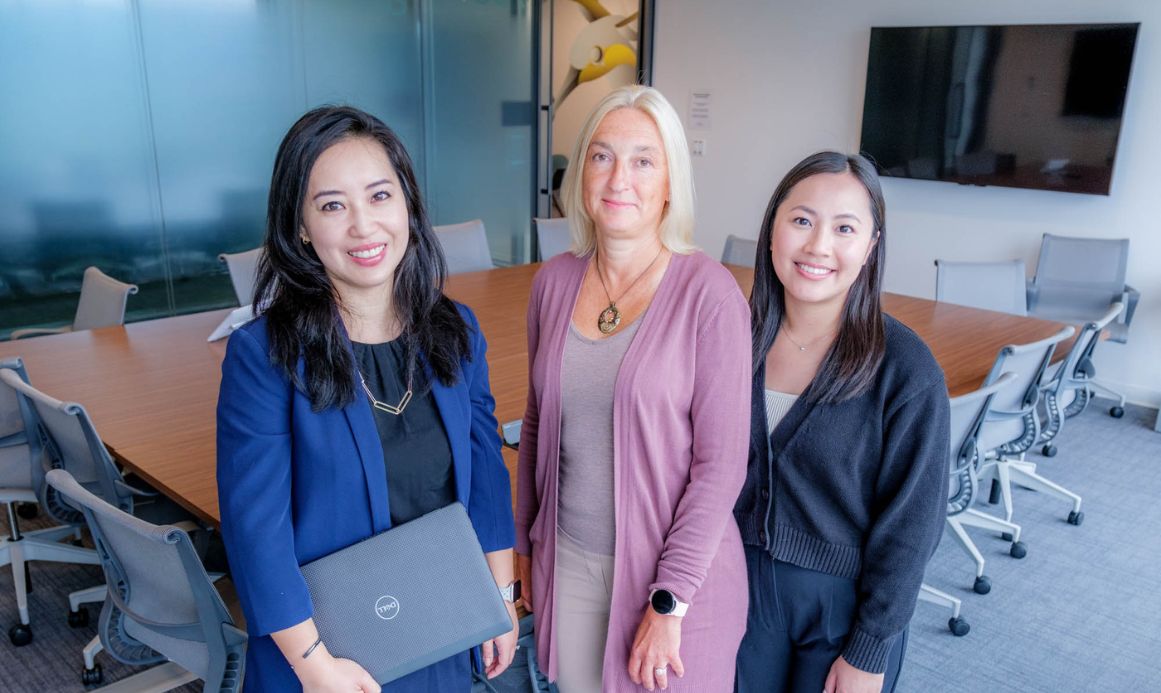Collaborative Care Counsellor, Provincial Psychosocial Oncology, BC Cancer - Provincial
Collaborative Care Counsellor, Provincial Psychosocial Oncology
BC Cancer
Provincial, BC
Reporting to the Clinical Coordinator, Patient and Family Counselling with a functional reporting relationship to the Provincial Practice Leader, Patient & Family Counselling and Medical Director, Psychiatry, the Collaborative Care Counsellor provides psychosocial support to cancer patients with mental health comorbidities across the province within a collaborative care model with BC Cancer psychiatrists.
What you’ll do
- Screen referrals and completes intake, conducts comprehensive assessments by methods such as interviewing the cancer patient and family and/or caregivers, obtaining relevant information, gathering social data regarding the patient and family, and formulation of assessment and plan of intervention, in accordance with professional practice standards and clinical policies.
- Provide individual, family, and group counselling services to cancer patients with mental health comorbidities by focusing on their social, emotional, cultural, and practical needs, including adjustment to diagnosis, treatment decisions, recurrence, loss of functioning, and dealing with emotional, patient and family crises in the context of evidence-based care. Provides support, education, and crisis intervention to patients by understanding the nature and treatment of the cancer and related issues as well as mental health issues.
- Working within the Collaborative Care model with BC Cancer Psychiatrists, collaborates with other members of the interprofessional team on case consultations and management and discharge planning to facilitate care through the continuum and ensure proper and effective treatment of cancer patients with mental health comorbidities. This includes attending team meetings, rounds, family conferences, and psycho-social forums and providing input.
- Prepare and maintain patient records by methods such as documenting client assessments, interventions, evaluations, modifications, and patient goals; charting client information; and preparing progress notes and reports in accordance with established standards, policies and procedures to meet regulatory requirements and document rationale to support findings and intervention plan.
- Establish and maintain effective collaborative and constructive liaison relationships with a variety of individuals and groups, including patients and families, community providers, hospitals and other agencies, to coordinate services across the continuum of health care.
- Demonstrate a commitment to beginning and continuing their personal learning journey related to Indigenous-specific racism and dismantling systems of oppression, as well as addressing racism more broadly. Shows willingness to articulate and share their learning experiences to contribute to a culture of motivation and inspiration among peers.
- Knowledge of the social, economic, and political realities of settler-colonialism and its impacts on Indigenous peoples and equity-deserving groups within social and health contexts. Understands the impact of social determinants of health-on-health outcomes. Shows a commitment to learning about and upholding legislative obligations and provincial commitments outlined in foundational documents such as the Truth & Reconciliation Commission’s Calls to Action (2015), In Plain Sight (2020), BC's Declaration on the Rights of Indigenous Peoples Act (2019), United Nations Declaration on the Rights of Indigenous Peoples (UNDRIP), Reclaiming Power and Place: Missing and Murdered Indigenous Women & Girls Calls for Justice (2019), the Declaration Act Action Plan, Remembering Keegan: A First Nations Case Study, the BC Human Rights Code, Anti-Racism Data Act, and the Distinctions Based Approach.
What you bring
Qualifications:
- Master’s degree in a social sciences discipline relevant to the job from a recognized program, such as Social Work, Counselling Psychology, or Clinical Psychology.
- Two (2) years of recent experience working in an interprofessional setting that includes experience with individuals, couples, families and group work; program and community development; adjustment and grief counselling in a health care or oncology setting; educating and training patients using a variety of teaching modalities; and facilitating or co-facilitating support groups; or an equivalent combination of education, training or experience.
- Eligible for registration with designated professional regulatory body.
- Demonstrate comprehensive knowledge of the historic and ongoing impacts of settler colonialism and systemic racism on Indigenous Peoples within social and health contexts. This includes understanding how these factors contribute to current health disparities and barriers to care. Show a clear commitment to identifying, challenging, and eradicating Indigenous-specific racism and all forms of discrimination impacting equity-deserving groups within healthcare settings. This involves recognizing personal biases, institutional barriers, engaging in anti-racism education and training and advocating for systemic change.
- Demonstrated knowledge and understanding of legislative obligations and provincial commitments within BC Cancer contexts found in the foundational documents including Truth & Reconciliation Commission’s Calls to Action (2015), In Plain Sight (2020), BC's Declaration on the Rights of Indigenous Peoples Act (2019), United Nations Declaration on the Rights of Indigenous Peoples (UNDRIP), Reclaiming Power and Place Missing and Murdered Indigenous Women & Girls Calls for Justice (2019), the Declaration Act Action Plan and Remembering Keegan: A First Nations Case Study, BC Human Rights Code, Anti-racism Data Act and how they intersect.
Core Competencies
- Brings an understanding of the Indigenous specific racism and the broader systemic racism that exists in the colonial health care structure and has demonstrated leadership in breaking down barriers and ensuring an environment of belonging. Embed Indigenous Cultural Safety and Humility into all aspects of work. This means creating an environment where Indigenous patients feel respected, valued, and understood. Foster trust through respectful communication, active listening, and honoring equity-deserving people's perspectives on health and wellness. Commit to ongoing education and training on Indigenous health issues, cultural safety, and DEI principles. Participate in workshops, cultural immersion experiences, and continuous professional development to stay informed and responsive to equity-deserving groups. Provide patient-centred care that respects Indigenous ways of knowing and healing, respects BIPOC experiences and world views ensuring that care plans are culturally relevant and holistic.
- Knowledge of social, economic, political and historical realities of settler colonialism on Indigenous Peoples and familiarity with addressing Indigenous-specific anti-racism, anti-racism and Indigenous Cultural Safety and foundational documents and legislative commitments (The Declaration Act, the Declaration Action Plan, TRC, IPS, Remembering Keegan, etc.).
You have:
- Knowledge of the psychosocial needs of cancer patients with disabilities and other medical and/or mental health conditions.
- Knowledge and ability to use brief evidence-based therapy models such as Cognitive Behavioural Therapy, Dialectical Behavioural Therapy, Mindfulness-based therapy (e.g., Mindfulness-based Cognitive Therapy or Mindfulness-based Stress Reduction), Acceptance and Commitment Therapy, Interpersonal Psychotherapy, CALM Therapy, Meaning Centered Psychotherapy Systems Theory, Solution-Focused Therapy, Supportive Therapy, Crisis Counselling, Group Therapy and Resource Counselling.
- Demonstrated knowledge and ability to work with patients with mental health issues, such as depression, suicidal ideation, and anxiety.
- Ability to work independently and co-operatively as part of the provincial psychosocial oncology team and the interprofessional cancer care team making positive contributions to the team process and patient care goals.
- Ability to communicate effectively both verbally and in writing with peers, physicians, other health care professionals, patients and their families, and external agencies.
- Ability to deal with others tactfully and with sensitivity.
- Organize and prioritize work.
- Basic computer literacy to operate a computerized patient care information system.
- Teach and supervise students.
- Physical ability to perform the duties of the position.
- Demonstrates a commitment to beginning and continuing their personal learning journey related to Indigenous-specific racism and dismantling systems of oppression, as well as addressing racism more broadly. Shows willingness to articulate and share their learning experiences to contribute to a culture of motivation and inspiration among peers.
- Knowledge of the social, economic, and political realities of settler-colonialism and its impacts on Indigenous peoples and equity-deserving groups within social and health contexts. Understands the impact of social determinants of health-on-health outcomes. Shows a commitment to learning about and upholding legislative obligations and provincial commitments outlined in foundational documents such as the Truth & Reconciliation Commission’s Calls to Action (2015), In Plain Sight (2020), BC's Declaration on the Rights of Indigenous Peoples Act (2019), United Nations Declaration on the Rights of Indigenous Peoples (UNDRIP), Reclaiming Power and Place: Missing and Murdered Indigenous Women & Girls Calls for Justice (2019), the Declaration Act Action Plan, Remembering Keegan: A First Nations Case Study, the BC Human Rights Code, Anti-Racism Data Act, and the Distinctions Based Approach.
What we bring
Every PHSA employee enables the best possible patient care for our patients and their families. Whether you are providing direct care, conducting research, or making it possible for others to do their work, you impact the lives of British Columbians today and in the future. That’s why we’re focused on your care too – offering health, wellness, development programs to support you – at work and at home.
- Join one of BC’s largest employers with province-wide programs, services and operations – offering vast opportunities for growth, development, and recognition programs that honour the commitment and contribution of all employees.
- Access to professional development opportunities through our in-house training programs, including +2,000 courses, such as our San’yas Indigenous Cultural Safety Training course, or Core Linx for Leadership roles.
- Enjoy a comprehensive benefits package, including municipal pension plan, and psychological health & safety programs and holistic wellness resources.
- Annual statutory holidays (13) with generous vacation entitlement and accruement.
- PHSA is a remote work friendly employer, welcoming flexible work options to support our people (eligibility may vary, depending on position).
- Access to WorkPerks, a premium discount program offering a wide range of local and national discounts on electronics, entertainment, dining, travel, wellness, apparel, and more.
Job Type: Regular, Full-Time
Wage: $42.27 to $52.81 per hour.
Location: Provincial Position which involves remote work, however, the candidate must be within the vicinity of a regional BC Cancer Centre to work on-site as required.
Applications will be accepted until position is filled.
Hours of work: Monday – Friday; 08:00-16:00 / 08:30-16:30
Requisition Number: 180188E
What we do
BC Cancer provides comprehensive cancer control for the people of British Columbia.
The Provincial Health Services Authority (PHSA) plans, manages and evaluates specialized health services with the BC health authorities to provide equitable and cost-effective health care for people throughout the province. Our values reflect our commitment to excellence and include: Respect people – Be compassionate – Dare to innovate – Create equity – Be courageous.
Learn more about PHSA and our programs: jobs.phsa.ca/programs-and-services
PHSA is committed to anti-racism and equity in our hiring and employment practices. With learning and compassion, we are addressing existing inequities and barriers throughout our systems. PHSA is seeking to create a diverse workforce and to establish an inclusive and culturally safe environment. We invite applications and enquiries from all people, particularly those belonging to the historically, systemically, and/or persistently excluded groups identified under the B.C. Human Rights Code.
One of PHSA’s North Star priorities is to eradicate Indigenous-specific racism, which includes ongoing commitments to Indigenous recruitment and employee experience as well as dismantling barriers to health care employment at every level. We welcome Indigenous individuals to apply and/or contact the Sanya’k̓ula Team (Indigenous Recruitment & Employee Experience) for support at indigenous.employment@phsa.ca.
Indigenous-specific anti-racism initiatives are rooted in addressing the unique forms of discrimination, historical and ongoing injustices, and exclusion faced by Indigenous peoples. These initiatives align with an Indigenous rights-based approach, recognizing the inherent rights and title of BC First Nations and self-determination of all First Nations, Inuit and Métis communities. PHSA is mandated to uphold legislative obligations and provincial commitments found in the foundational documents including the Truth & Reconciliation Commission’s Calls to Action (2015), In Plain Sight (2020), BC's Declaration on the Rights of Indigenous Peoples Act (2019), United Nations Declaration on the Rights of Indigenous Peoples (UNDRIP), Reclaiming Power and Place Missing and Murdered Indigenous Women & Girls Calls for Justice (2019), the Declaration Act Action Plan and Remembering Keegan: A First Nations Case Study.
ATTN: PHSA Employees:
To be considered as a PHSA employee (internal applicant) for this position, you must apply online via your internal profile at http://internaljobs.phsa.ca
Please note the internal job posting will no longer be accessible after the expiry date of March 7, 2025. If the internal job posting has expired, please contact the Internal Jobs Help Desk and advise that you would like to be considered as a late internal applicant for this position. Please do not apply for the external job posting.
If you have not registered your internal profile, a password is required to log in for the first time. To obtain your password, please contact the Internal Jobs Help Desk at 604-875-7264 or 1-855-875-7264. Please note regular business hours are Monday – Friday (excluding stats), 8:30am to 4:30pm. For inquiries outside of regular business hours, please email the Internal Jobs Help Desk at internaljobshelpu@phsa.ca and a Help Desk Representative will contact you the next business day.
Learn More
Related Content
-
 Our Programs Explore to find the right program for you at PHSA.
Our Programs Explore to find the right program for you at PHSA. -
 Clinical and Systems Transformations | Careers at PHSA Clinical & Systems Transformation (CST) is a large-scale, multi-year project between Vancouver Coastal Health (VCH), PHSA, and PHC. Learn more here.
Clinical and Systems Transformations | Careers at PHSA Clinical & Systems Transformation (CST) is a large-scale, multi-year project between Vancouver Coastal Health (VCH), PHSA, and PHC. Learn more here. -
 Rewarding Health Care Nursing Careers and Jobs with PHSA Provide specialty nursing in clinical health care and research. Explore careers throughout B.C. with the Provincial Health Services Authority (PHSA).
Rewarding Health Care Nursing Careers and Jobs with PHSA Provide specialty nursing in clinical health care and research. Explore careers throughout B.C. with the Provincial Health Services Authority (PHSA). -
 Indigenous Health Care Jobs and Careers with PHSA Join our thriving Indigenous workforce in a corporate or clinical role. Explore careers in B.C. with the Provincial Health Services Authority (PHSA).
Indigenous Health Care Jobs and Careers with PHSA Join our thriving Indigenous workforce in a corporate or clinical role. Explore careers in B.C. with the Provincial Health Services Authority (PHSA). -
 Physician Careers at PHSA Our PHSA medical leadership team provides care that is among the best in the world, contributing to research that is changing the future of health care.
Physician Careers at PHSA Our PHSA medical leadership team provides care that is among the best in the world, contributing to research that is changing the future of health care. -
 Health Care Correctional Health Services Jobs and Careers With PHSA Correctional Health Services provides exceptional care for incarcerated patients. Join us in a career with Provincial Health Services Authority (PHSA).
Health Care Correctional Health Services Jobs and Careers With PHSA Correctional Health Services provides exceptional care for incarcerated patients. Join us in a career with Provincial Health Services Authority (PHSA). -

-

-
 Talent on Demand Talent on Demand is PHSA’s unique in-house recruitment program offering temporary employment opportunities in health care across British Columbia.
Talent on Demand Talent on Demand is PHSA’s unique in-house recruitment program offering temporary employment opportunities in health care across British Columbia. -
 Recruitment Incentives PHSA's Recruitment Incentives program offers monetary incentives to support the hiring of nurses and allied health professionals for difficult-to-fill roles.
Recruitment Incentives PHSA's Recruitment Incentives program offers monetary incentives to support the hiring of nurses and allied health professionals for difficult-to-fill roles.
Jobs for You
- Leader, Patient & Family Partnerships and Experience - BC Cancer - Surrey Feb. 26, 2025
- Registered Nurse (RN) / Registered Psychiatric Nurse (RPN), Fraser Regional Correctional Centre (FRCC), Maple Ridge BC – Correctional Health Services Feb. 04, 2025
- Data Administrator, Clinical Trials - BC Cancer - Vancouver Feb. 26, 2025
You have not recently viewed any jobs
You have not saved any jobs











